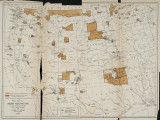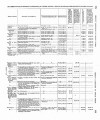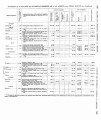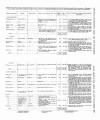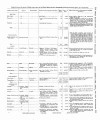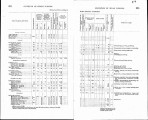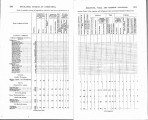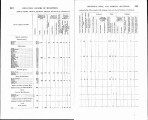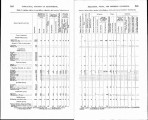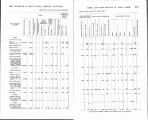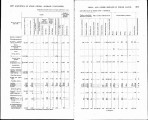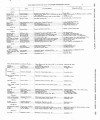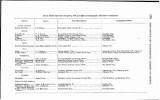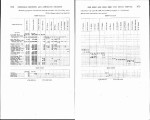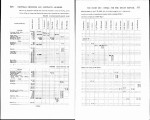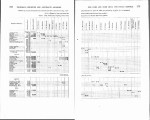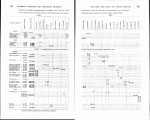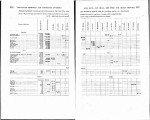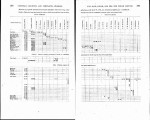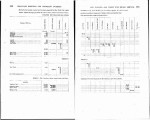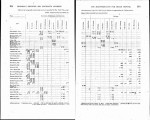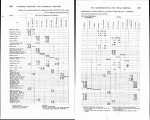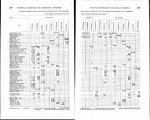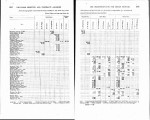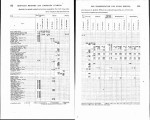| Title |
Annual Report of the Commissioner of Indian Affairs - 1882 |
| Subject |
Indian reservations; Federal government; Indians of North America; Maps; Work; Land use; Allotment of land; Treaties; Agriculture; Timber; Health; Indians of North America--Social life and customs; Employment (Economic theory); Uintah and Ouray Indian Reservation (Utah); Religion; Railroads; Education; Indians of North America--Education; Livestock; Travel; Culture; Indigenous peoples--North America |
| Keywords |
Annual Report; Indian Agency; Reservations; Tribal Funds; Land Rights; Allotment; Native Americans |
| Publisher |
Digitized by J. Willard Marriott Library, University of Utah |
| Tribe |
Ute |
| Language |
eng |
| Description |
Excerpts concerning Utah from the Annual Report of the Commissioner of Indian Affairs - Courtesy of the University of Wisconsin Digital Collections. The Commissioner of Indian Affairs discusses the performance of Indian agents, the need for more congressional appropriations, cooperation with religious organizations, legislation pertaining to Indians, agreements with railroad companies, health and education policy at Indian schools, supplies for Indian agencies, and agricultural pursuits. The Commissioner discusses the Ute Commission and surveys of Uncompahgre land for the purpose of creating allotments. Utah Indian Agent J.F. Miniss submits a report concerning a lack of farming progress, dilapidation of agency buildings, sanitary conditions on the reservation, and missionary efforts. Agent J.J. Critchlow discusses the disposition of Indians on the Uintah Reservation, pursuits in the areas of agriculture and "civilization", distribution of monetary payments, and classroom performance in reservation schools |
| Type |
Image/StillImage |
| Coverage |
Uintah and Ouray Indian Reservation (Utah); Utah; Washington (D.C.) |
| Format |
application/pdf |
| Rights |
Digital image © 2008, University of Utah. All rights reserved |
| ARK |
ark:/87278/s6jd7sfm |
| Creator |
Commissioner of Indian Affairs; Price, Hiram, 1814-1901; Miniss, J.F.; Critchlow, J.J. |
| Date |
1882 |
| Spatial Coverage |
Washington (D.C.); Utah |
| Setname |
uaida_main |
| ID |
370154 |
| Reference URL |
https://collections.lib.utah.edu/ark:/87278/s6jd7sfm |

